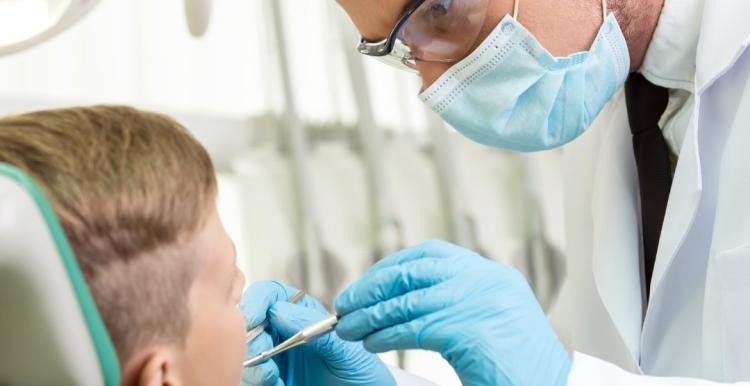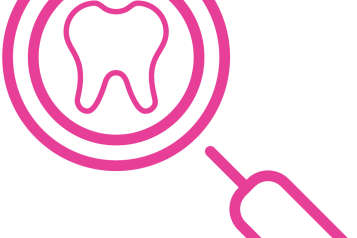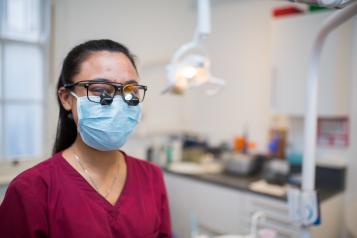How does Dentistry work? Myth Busting about Dental Care
Some questions and myths have come up that we have looked into.

Myth: GP and dental practices work in the same way
No, GP and Dental practices work in different ways. Dental practices are not catchment based so you are able to visit any dentist across the UK.
You can search for a dental practice using the NHS website. If you are struggling to find a dental practice accepting NHS patients call NHS England’s customer service centre on 0300 311 2233.
Myth: Patients can register with a dental practice
Dental practices do not register patients like GP practices. Dental practices are set up differently to GP practices within the NHS so there is no formal patient registration.
‘I saw my dentist a few years ago and now they say they can’t see me on the NHS. Aren’t I registered?’
Dental practices do not register patients like GP practices A patient is only ‘registered’ with a practice while undergoing treatment. You are free to approach any NHS dentist for treatment at any time. Some patients may chose to stay at the same practice and become regular patients attending appointments every 6 months or on a yearly basis
Myth: All dentists are NHS
No, not all dental practices offer NHS dental work. There are some dental practices that solely do private dental treatment and some that offer both NHS and private treatment.
Your NHS dentist should always:
- Explain which treatments are available on the NHS
- Explain which treatments are only available privately
- Make sure you know how much your NHS treatment and any private treatment will cost
Myth: Dentists only want to work with private patients
‘My dentist said they could not see me on the NHS but offered me a Private consultation.’
There is no formal patient registration within Dentistry. Each NHS Dental Practice will have a contract with the NHS for a certain amount of treatment or Units of Dental Activity (UDA) which they spread out over the year. The amount can vary from practice to practice.
The number of UDAs used per day will depend on the treatment needs of the patients who contact the practice, for example, simple treatments like fillings and extractions equate to 3 UDAs, more complex treatment like crowns and bridges: 12 UDAs.
Whilst NHS provision must be available across the practice’s contracted opening hours, demand for NHS treatment may be so great that on any given day, depending on demand and the treatment needs of the patients who contact them, they could have used up all their NHS appointments when a patient rings. The NHS does not fund over-activity so they may, therefore, offer a private option to patients as an alternative, as they will have separate NHS and private appointment books, with separate clinical staff time allocated accordingly.
In line with national guidance all dental practices are required to prioritise patients based on clinical need and urgency into their available NHS appointments – this is called Triage. It is therefore important when you contact the practice that you fully explain the nature of your dental problem so that a clinical assessment can be undertaken to determine how quickly you need to be seen.
If you're interested to find out more:
Read about our HWW dental survey findings from 2022
Read the 'Dentistry in England Explained' article on the King's Fund website.
Read the Healthwatch England article 'What the new dental recovery plan means for you'

